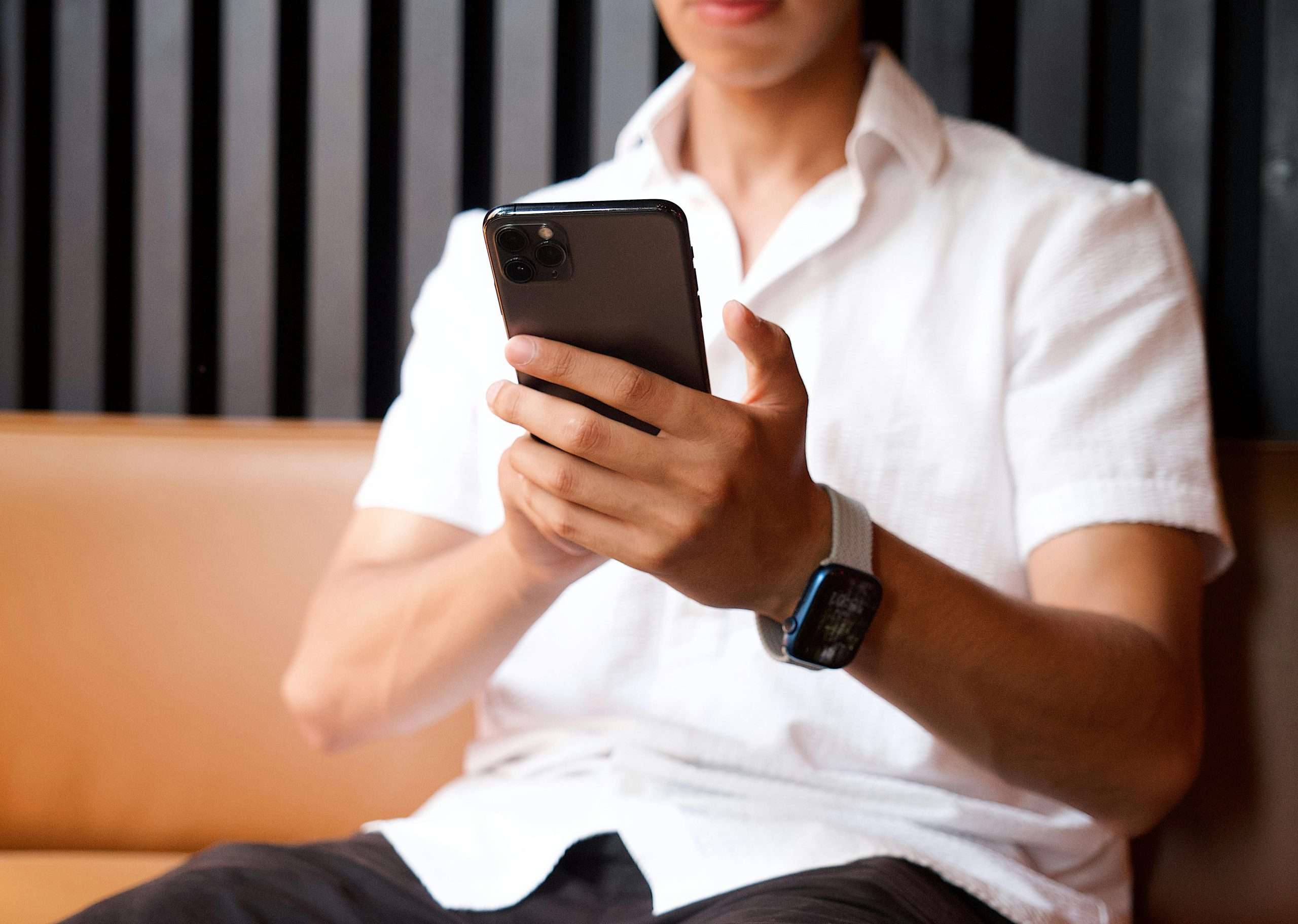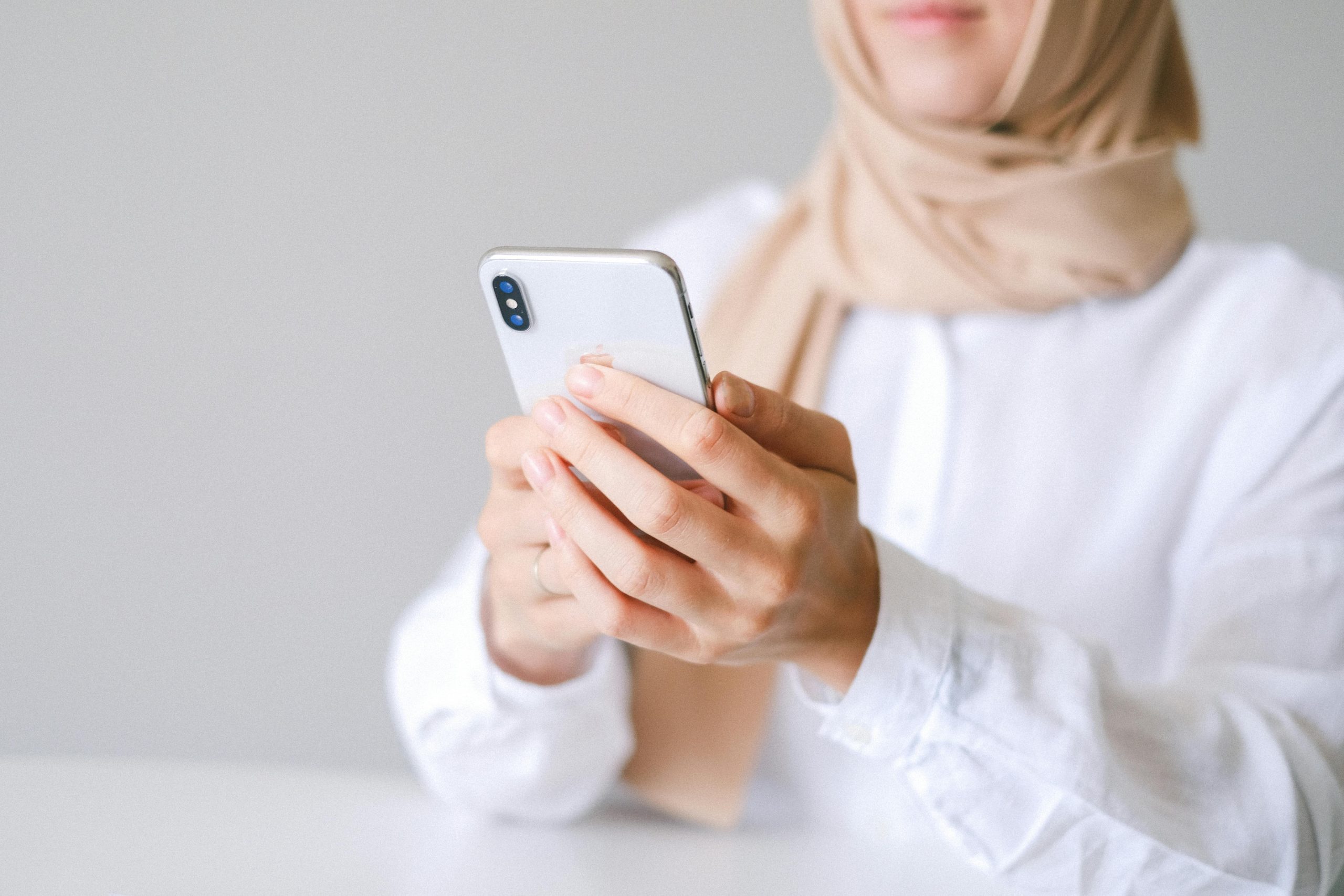Is your smartphone feeling unusually warm to the touch? Overheating can be a concerning issue that not only affects your device’s performance but also poses potential risks to its longevity. Understanding the reasons behind phone overheating is crucial for preventing damage and ensuring optimal functionality. Here are some common factors that may cause your phone to overheat:

1. Intensive Usage
One of the primary reasons for phone overheating is intensive usage, especially when running resource-demanding applications like games or video streaming apps for extended periods. These activities put a significant strain on your phone’s processor and graphics unit, leading to increased heat generation. To mitigate this, take breaks between heavy usage sessions and close unnecessary background apps to reduce the workload on your phone.
2. High Ambient Temperatures
External factors such as hot weather or exposure to direct sunlight can contribute to phone overheating. When your device is already in a warm environment, it becomes more challenging for it to dissipate heat effectively, leading to temperature spikes. Avoid leaving your phone in direct sunlight or hot cars and consider using a protective case that doesn’t trap heat.
3. Faulty Battery
A malfunctioning or degraded battery can cause your phone to overheat. As batteries age, their capacity decreases, and they may struggle to provide power efficiently. In some cases, a faulty battery can also exhibit abnormal behavior like swelling or overheating during charging or usage. If you suspect a battery issue, it’s essential to have it inspected and replaced by a qualified technician to prevent safety hazards.
4. Charging Habits
Improper charging habits, such as using incompatible chargers or leaving your phone plugged in for extended periods, can contribute to overheating. Using third-party chargers or cables that don’t meet safety standards may deliver excessive voltage or current to your device, causing heat buildup. Stick to using original chargers and avoid overcharging your phone to maintain optimal battery health.
5. Background Apps and Processes
Having too many background apps or processes running simultaneously can strain your phone’s resources, leading to increased heat production. Some apps may continue to run in the background even when not actively in use, consuming CPU cycles and draining battery power. Periodically review and close unnecessary apps to free up system resources and reduce heat generation.

6. Software Issues
Software glitches or bugs in the operating system can also cause your phone to overheat. An outdated or poorly optimized OS may not efficiently manage system resources, leading to excessive CPU usage and heat generation. Ensure that your phone’s software is up to date and consider performing a factory reset if you suspect software-related issues impacting performance.
7. Case or Cover Interference
While phone cases provide protection, they can also interfere with heat dissipation if they’re too thick or made from insulating materials. Opt for cases that allow for adequate airflow around the phone’s body and avoid using excessively bulky or tight-fitting covers that trap heat.
8. Hardware Malfunctions
In some cases, hardware malfunctions such as a damaged motherboard, faulty sensors, or issues with cooling components can lead to overheating. These issues often require professional diagnosis and repair to restore your phone’s functionality and prevent further damage.
9. Frequent Multitasking
Constantly switching between multiple apps or running several demanding tasks simultaneously can strain your phone’s hardware, causing it to heat up quickly. Try to minimize multitasking and focus on one task at a time to reduce the workload on your device.
10. Poor Ventilation
Blocked or obstructed ventilation ports, such as speaker grilles or charging ports, can impede heat dissipation from your phone. Keep these areas clean and free from dust, lint, or debris that may accumulate over time and restrict airflow.
Phone overheating can be a symptom of various underlying issues, ranging from intensive usage and environmental factors to hardware or software-related problems. By identifying the root cause of overheating and implementing preventive measures, you can effectively protect your device and ensure optimal performance.
If you frequently experience phone overheating despite following best practices, consider consulting with a professional technician or contacting your device manufacturer for further assistance. Remember that timely maintenance and responsible usage habits are key to preserving the health and longevity of your smartphone.
